The Indian government is set to roll out a new Electric Vehicle (EV) policy aimed at attracting global automakers like Tesla by offering significant reductions in import duties, as per ET report. The policy will require interested manufacturers to meet investment and turnover milestones while gradually increasing local production.
Lower Import Duties and Investment Requirements
Under the proposed policy, companies meeting the eligibility criteria will benefit from a reduced import duty of 15%, significantly lower than the current 110% tariff. This is expected to make high-end EVs more affordable in India. However, to qualify, manufacturers must invest at least Rs 4,150 crore in setting up local operations. Notably, past investments and costs related to land or buildings will not be counted toward this requirement.
Interested companies will have 120 days to apply once the policy is officially notified. The government is expected to start accepting applications by mid-March, with approvals anticipated by August.
Manufacturing and Turnover Targets
The policy mandates that approved companies must establish manufacturing operations within three years and achieve specific turnover and domestic value addition (DVA) milestones.
The policy requires companies to achieve a turnover of Rs 2,500 crore by the second year, Rs 5,000 crore by the fourth year, and Rs 7,500 crore by the fifth year.
25% local value addition within three years, increasing to 50% within five years
This framework is designed to ensure companies not only sell EVs in India but also contribute to local production and supply chain development.
Tesla’s Entry and Expansion Plans
Tesla, led by Elon Musk, is preparing to enter the Indian market with an initial focus on importing fully built EVs from its Berlin Gigafactory. The company is expected to begin sales in major cities like Mumbai, Delhi, and Bangalore by the third quarter of 2025.
Tesla has been actively searching for showroom locations, reportedly considering Bandra-Kurla Complex (BKC) in Mumbai and Aerocity in Delhi. It has also started hiring for multiple positions, including business operations analysts, service technicians, and customer engagement managers, indicating its commitment to establishing a presence in India.
Other Automakers Show Interest
Apart from Tesla, other global automakers such as Hyundai and Volkswagen have also expressed interest in leveraging the new policy. However, their investment plans remain uncertain. The government anticipates strong participation from several automobile giants, further accelerating India’s transition to electric mobility.
India’s EV Market Potential
Experts predict that India’s EV sector could surpass 40% market penetration by 2030, generating an estimated $100 billion in revenue. The new policy is expected to play a crucial role in this transformation by making premium EVs more accessible while boosting domestic manufacturing capabilities.
A Strategic Push for Local Production
The Indian government’s push for EV adoption aligns with its broader goal of reducing dependence on fossil fuels and cutting carbon emissions. By balancing import duty reductions with strict investment and localization requirements, the policy aims to attract major automakers while fostering domestic industry growth.
With Tesla and other global players eyeing the Indian market, the coming years could mark a significant shift in the country’s automobile landscape, bringing more EV options to consumers and strengthening the local manufacturing ecosystem.
Tesla’s India Entry Faces Pricing and Manufacturing Challenges: CLSA
CLSA has stated that Tesla will need to manufacture locally in India to scale its business, as high import duties make its cars expensive. India imposes a 60% duty on imported EVs priced below $40,000 and 110% (including agriculture cess) on those above $40,000. Even if the government reduces import duties to 15-20%, Tesla’s vehicles would still be more expensive than electric SUVs from Indian automakers like Maruti Suzuki, Mahindra & Mahindra, Hyundai, and Tata Motors.
The brokerage highlighted that India’s average car price is around $14,000 (Rs 12.13 lakh), whereas Tesla’s cheapest model in the U.S. costs $35,000 (Rs 30.3 lakh). For Tesla to succeed, it must offer cars priced below Rs 25-30 lakh, a challenge given its current pricing. Moreover, India’s EV adoption rate is just 2.4%, much lower than China’s 30% and the U.S.’s 9.5%, making rapid expansion difficult without a competitive pricing strategy.
Despite Tesla’s plans, CLSA believes its entry will not significantly impact Indian automakers. Even if Tesla positions its Model 3 at a 20-50% premium over domestic EVs like the Mahindra XEV 9e, e-Creta, or e-Vitara, its effect on the market will be limited. A potential $25,000 (Rs 21.6 lakh) Tesla model would likely have reduced features and specifications compared to its global lineup, further reducing its competitiveness against well-equipped domestic EVs.
Overall, Indian carmakers, with their cost-effective and feature-rich EVs, are unlikely to face a major threat from Tesla. Unless Tesla commits to local manufacturing and adjusts its pricing, its ability to capture a significant share of India’s EV market remains uncertain.
Tesla’s India Entry: Limited Impact on Local Automakers, Say Analysts
Tesla’s plan to launch its electric cars in India has affected the stock prices of local automakers, especially Mahindra & Mahindra, in recent weeks. However, experts believe Tesla’s entry and possible changes to India’s import rules won’t have a major impact. Reports suggest the government might lower import taxes and allow 8,000 Tesla cars into India each year, as long as the company commits to investing locally. While this could increase competition for Indian carmakers, HSBC analysts say the number of imported cars will be too small to make a big difference.

BBW News Desk is the editorial team of BigBreakingWire, a digital newsroom focused on global finance, markets, geopolitics, trade policy, and macroeconomic developments.
Our editors monitor government decisions, central bank actions, international trade movements, corporate activity, and economic indicators to deliver fast, fact-based reporting for investors, professionals, and informed readers.
The BBW News Desk operates under the editorial standards of BigBreakingWire, prioritizing accuracy, verified information, and timely updates on major global developments.
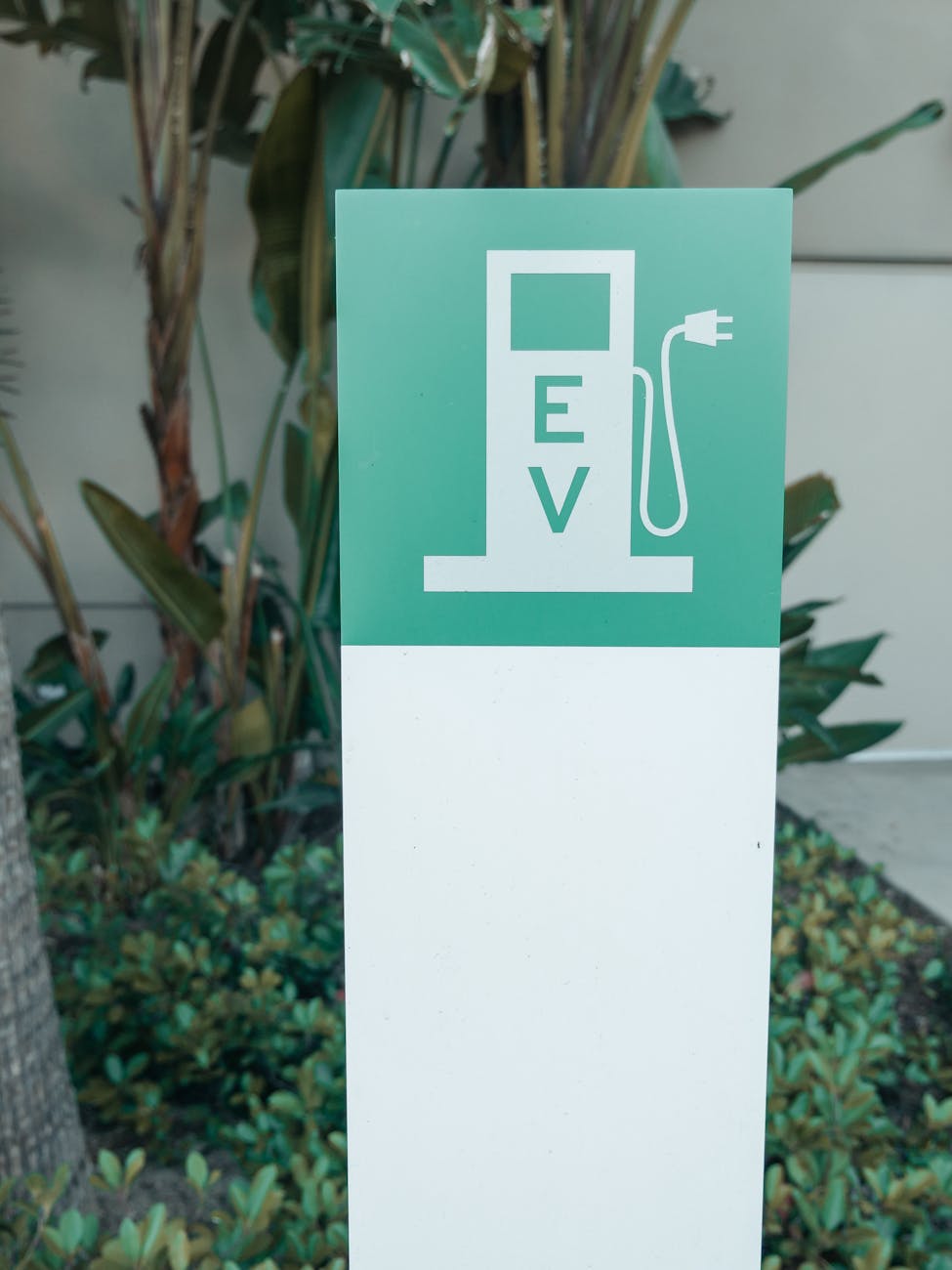











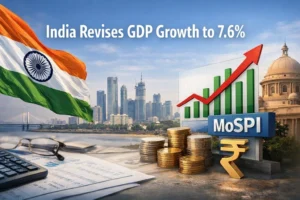
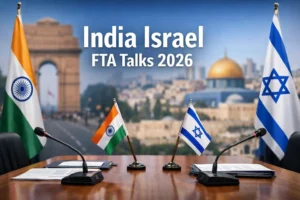
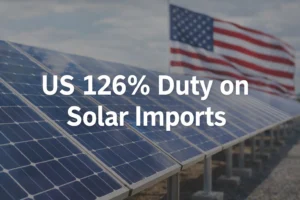
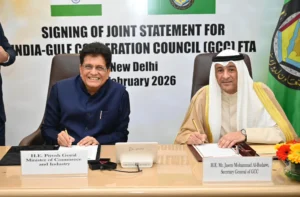
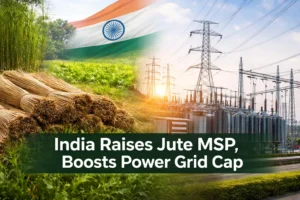

One Comment